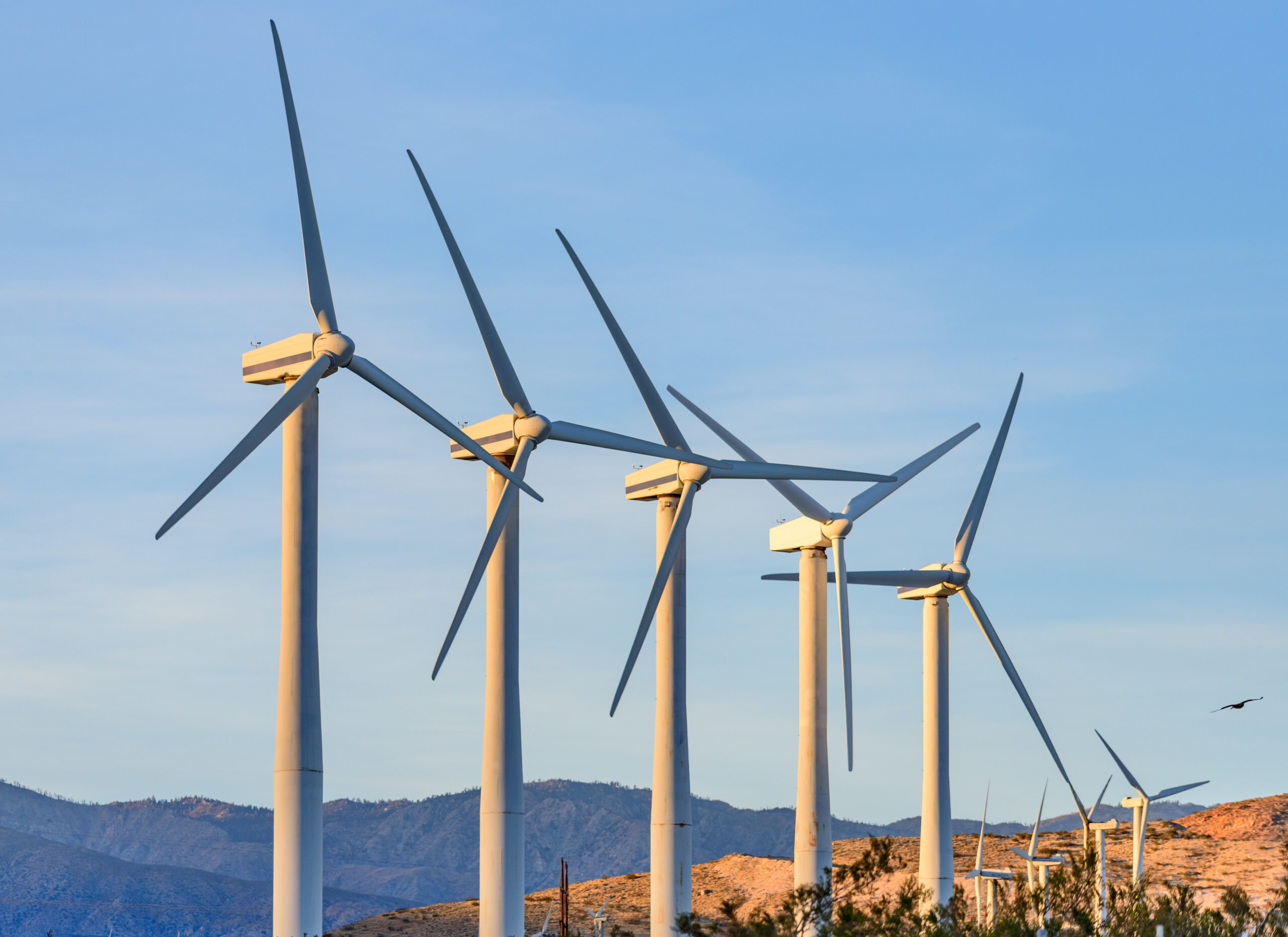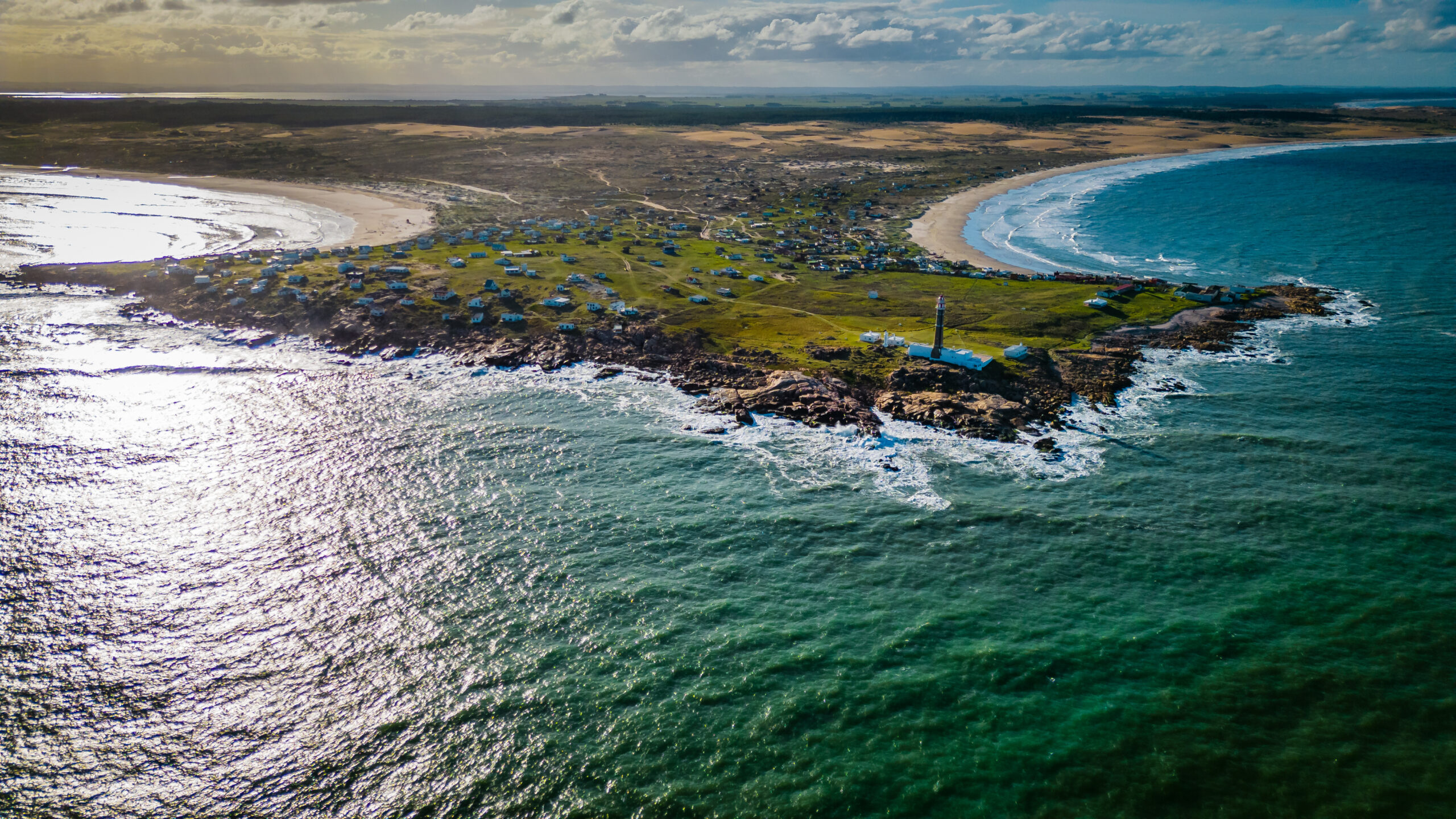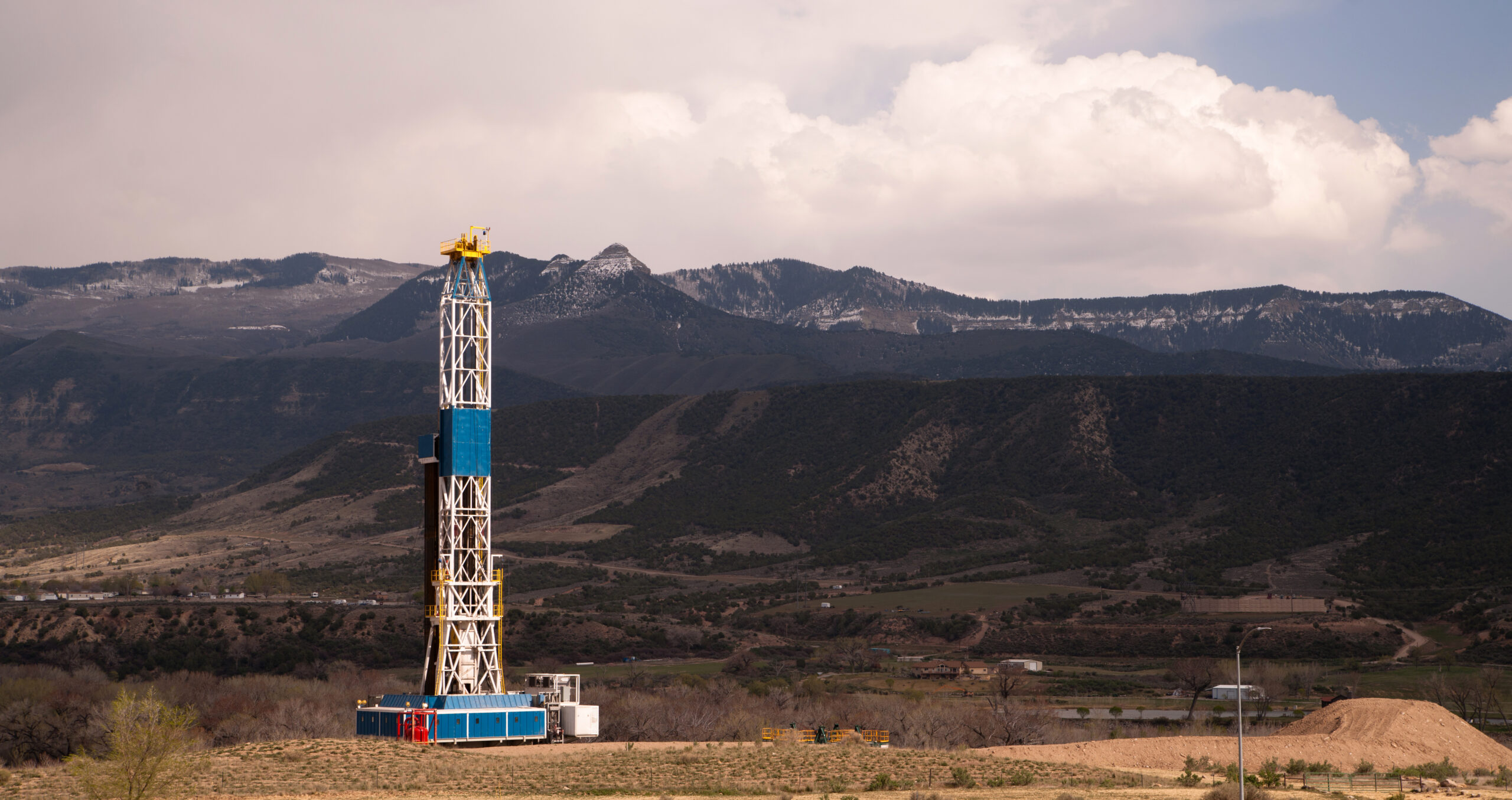Africa gets low investment in renewable energy finance – study
Africa continues to receive comparatively low investment in renewable energy finance despite the continent’s enormous potential and energy needs, a new report says.

Africa received only 2% – equivalent to $60 billion – of the $2.8 trillion of renewable energy finance that was invested globally between 2000 and 2020, a new report says, leading some to question how renewables cash can be more equitably distributed.
Published by the International Renewable Energy Agency (IRENA) and Climate Policy Initiative (CPI), the report said that in 2022, global investments in energy transition technologies reached $1.3 trillion despite the prevailing macroeconomic, geopolitical, and supply chain challenges.
The report, entitled Global Landscape of Renewable Energy Finance 2023 and published last month, reveals that the current pace of investment is insufficient to put the world on track towards meeting climate or socioeconomic development goals.
The report noted that the current pace of investment in renewable energy is insufficient, with a call for annual investments to at least quadruple.
“Keeping the world on track to achieving the energy transition in line with the 1.5°C Scenario laid out in IRENA’s World energy transitions outlook 2022 will require annual investments of USD 5.7 trillion on average between 2021 and 2030, and USD trillion 3.7 between 2031 and 2050,” it said.
Low investment in Africa
According to the report, Africa continues to receive comparatively low investments despite the continent’s enormous potential and energy needs.
Only 15% of global investments went to roughly 70% of the world’s population who live largely in developing and emerging nations, according to the report. For instance, less than 1.5% of the total amount invested internationally between 2000 and 2020 went to Sub-Saharan Africa.
The report also noted that in 2015, the “amount invested in renewable energy per person in Europe and North America (apart from Mexico) was almost 22 times greater than in Sub-Saharan Africa. In 2021, European investment per person was 127 times more than Sub-Saharan Africa and 179 times higher in North America.
The report showed that of the USD 2.8 trillion invested in renewable energy globally between 2000 and 2020, only 2% – equivalent to USD 60 billion, excluding large hydropower – went to Africa, despite the continent’s enormous potential and needs.
Moreover, the report showed that 75% of the investments made between 2010 and 2020 went to just four countries: South Africa, Morocco, Egypt and Kenya. These countries offer relatively favourable risk-return profiles owing to their policy and institutional environment, regulations, access to finance and market characteristics (e.g. size, prospects and stability).
Looking at African regions, the report noted North Africa was the second-largest recipient of renewable energy finance investments on the continent during 2000-2020, after South Africa.
“Morocco and Egypt received the majority of funding (47% and 45%, respectively), primarily for solar PV (57%) and onshore wind (22%). The North African region benefits from greater private sector participation than is seen elsewhere on the continent. In 2020, private actors provided 65% of all renewable energy finance in North Africa, up from only 11% in 2013.”
However, the report reveals that the share of global renewable energy finance investments going to Sub-Saharan Africa remains small. The region received less than $41 billion cumulatively during 2000-2020 – that is, less than 1.5% of the amount invested globally during that period.
Investments in the region “dropped considerably in 2021, to one-quarter of what they were in 2020 (from USD 4 billion to less than USD 1 billion), despite the fact that the world emerged from the pandemic supposedly recognising the critical role energy plays in enabling health care, sanitation, telecommunications and resilient livelihoods. However, in reality, the inequality in the spread of investments between the Global North and the Global South only increased,” it said.
Further disparity in investments
According to the report, the “most striking – and rapidly growing – disparity” is between Sub-Saharan Africa and both North America (excluding Mexico), and Europe. In 2015, renewable energy investment per capita in North America (excluding Mexico) or Europe was just about 22 times higher than that of Sub-Saharan Africa, it said.
In 2021, investment per capita in Europe was 127 times that in Sub-Saharan Africa (which in 2021 fell to just $1 /person from $7 /person in 2015), and in North America was 179 times more.
Adedolapo Raji, an energy advisor at Lagos-based Thwaite Energy Limited, said that if Africa fails to invest in renewable energy infrastructure, it risks falling behind other regions in terms of energy innovation and competitiveness. She said the best way to ensure sustainable and equitable access to energy for all Africans is to invest in diverse energy sources, including renewables, gas, and other low-carbon technologies.
“This will help create a more resilient and adaptable energy system that can meet the needs of urban and rural communities while also contributing to global efforts to address climate change,” she said.
In many parts of the world, renewable energy is “already cheaper than fossil fuels, and this cost advantage is likely to increase as technology continues to improve and economies of scale are achieved. On the other hand, the global trend towards decarbonization and the increasing competitiveness of renewable energy sources may limit the long-term growth prospects of the gas industry,” she added.
The energy advisor said there are several reasons why greater availability of renewable energy finance in developing countries is important towards addressing the disparity.
She said, “These includes energy access advancements, climate change mitigation as developing countries are often the most vulnerable to the impacts of climate change, yet they contribute the least to global greenhouse gas emissions, renewable energy can be a catalyst for economic development particularly in rural areas, as well as improving energy security in developing countries, as it reduces dependence on imported fossil fuels. This can help stabilize energy prices and reduce the risk of energy supply disruptions.”
The report recommended that for the energy transition to have a positive impact, governments and development partners must play a more active role in ensuring a more equitable flow of finance, recognising the different endowments and starting conditions of countries.
“More public funds need to flow to regions and countries that have a lot of untapped potential but find it difficult to attract investment. These funds need to go into supporting energy transition infrastructure development, enabling policy frameworks as well as address persistent socio-economic gaps,” it said.
Impact on Africa’s gas market
Amos Wemanya, Senior Renewable Energy Advisor at Power Shift Africa, a Kenyan think tank, said the energy transition momentum and increased investments in global renewable energy imply high risks for Africa’s gas market. He said the likely reality of the transition would be lower gas prices and declining gas demand.
“Gas exports from Africa will dwindle as the rest of the developed world gets deeper into the transition, leaving Africa’s energy system exposed as revenue from its export market will fall, limiting Africa’s reach to fund its domestic energy market,” he told Gas Outlook.
“The good news is that Africa is rich in renewable energy resources. Africa’s potential for the deployment of renewable energy is vast. It is substantially larger than the continent’s current and projected power consumption and, therefore, could easily meet the expected and necessary growth in energy services, eliminate energy poverty, and power a green, renewable-based economy,” he added.
The Kenyan renewable energy advisor urged African leaders to think progressively and seek financing that supports the development of the continent’s energy for the future. “African states that still depend on oil and gas for revenue need to transition to avoid the risks that the global energy transition presents quickly. Africa was late for the oil and gas party. Africa should not be left behind on the renewables spree,” he ended.



